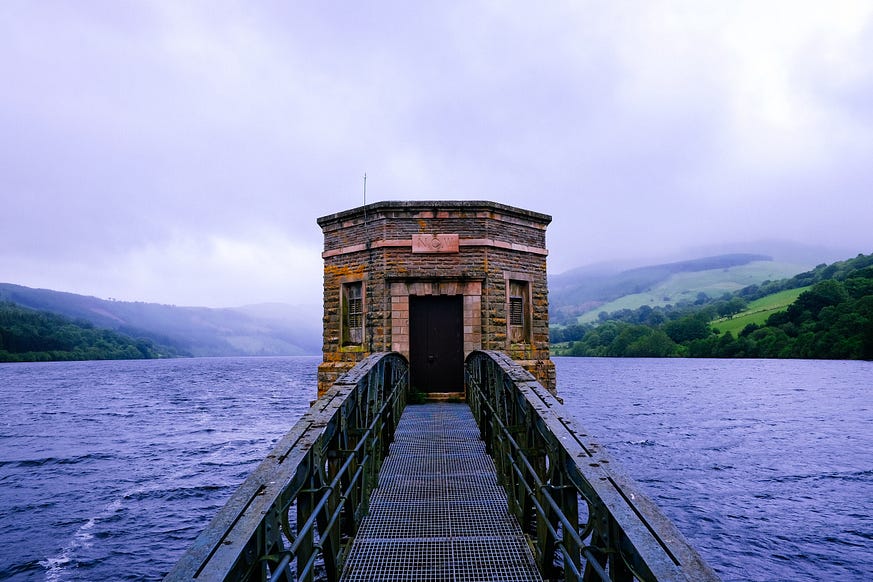Between Two Worlds: Despair to Hope in an Age of Climate Change

As we continue this series leading up to the Earth Optimism Summit in April 2017, we will be focusing on successful implementation and response to the many challenges we face in the conservation and protection of land and sea. There are many examples, but today I’d like to look at the larger context in which that optimism must be maintained by introducing you to quotations from a blog post by Dr. Jonathan Foley, Executive Director of the California Academy of Sciences, in Berkeley, California, whose thoughts on the situation we all face as environmentalists are insightful and uplifting for our morale.
“People working on environmental issues, especially climate change and the ongoing onslaught of Earth’s biosphere, are regularly dealing with some of the most depressing news on the planet,” Dr. Foley writes. “Every day there’s more news, most of it bad, about how we’re destabilizing our climate, degrading our ecosystems, and leaving a crippling mess for future generations. There is some good news, too, but most days it feels like the bad news vastly overwhelms the good.”
“What is most disturbing is that we are now knowingly doing this to our planet and to future generations…(that) will judge us, knowing that we consciously left them a degraded world. And we will have to live with that…we are the first generation in history to deliberately leave our descendants a poorer world than we inherited.”
“Thankfully, there are lifelines of hope to hold onto. Working on environmental issues,” Foley continues, “exposes us to magnificent moments of beauty and inspiration, and to incredible people who inspire us.”
“I find it especially humbling to think about the world as a whole system – where atmosphere, ocean, land, and life collide, elegantly processing energy, water, and countless elements, creating beautiful new structures and networks, with spectacular diversity and zero waste, all powered by the light and warmth of the sun. I feel a deep affinity to the biosphere as a whole, even though we individual humans are just a tiny part of it … living only an instant of geologic time.”
Dr. Foley continues, “I’ve come to believe that the best place to live is precisely between two worlds – between the world of despair and frustration, which reminds us of the work we must do and the stakes involved, and the world of awe, wonder, hope, inspiration, and love, which refuels our minds and our hearts, and keeps us going.”
“…for me, the best place is to be exactly in the middle: to feel both the hope and the anguish, the joy and the suffering, of our moment of history. We need both to fuel us, steer us, and keep our paths true.”

I am drawn to Dr. Foley’s remarks because they reveal and declare the sentiments of a scientist. As an observer and participant in many conversations and academic conference presentations about these issues, I don’t often hear subjective awareness expressed in what is typically an analytical context. When pushed, many scientists withhold opinion, asserting objective conclusion or suggesting the need for more data, finer measurement, and further research before any definitive conclusion can be reached. Knowing or feeling: this dichotomy between scientific and humanistic perspective is a long-standing debate, made famous in the mid-1950’s by English author/politician C.P. Snow’s book, The Two Cultures. In 1963, the philosopher Aldous Huxley responded in a published essay entitled Literature and Science:
“Thought is crude; matter unimaginably subtle. Words are few and can only be arranged in certain conventionally fixed ways; the counterpoint of unique events is infinitely wide and their succession infinitely long. That the purified language of science, or the even richer purified language of literature should ever be adequate to the givenness of the world and of our experience is, in the very nature of things, impossible. Cheerfully accepting the fact, let us advance together…further and further into the ever-expanding regions of the unknown.”
So there, and here, we are—Jonathan Foley, me, and each of you—between two worlds, united across time and by space, in optimism and commitment to the future.
- - -
- Login to post comments
-


